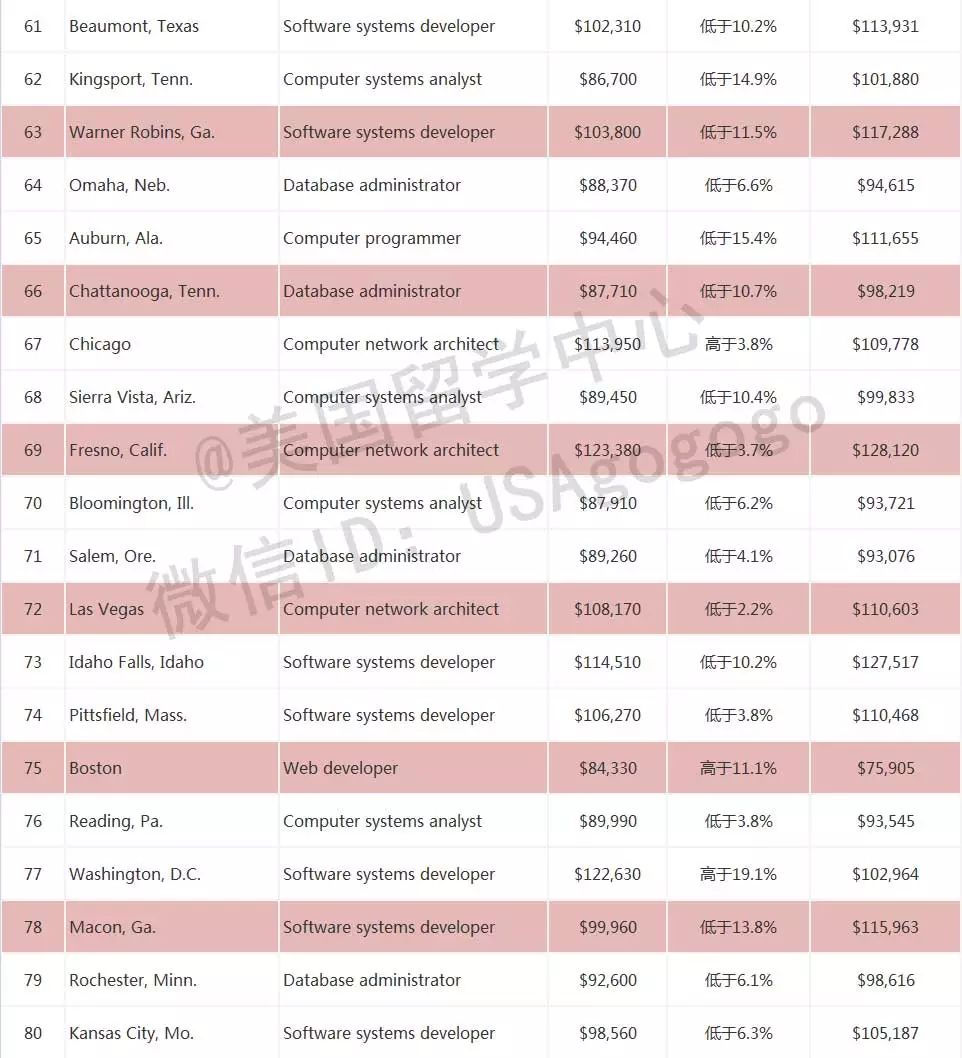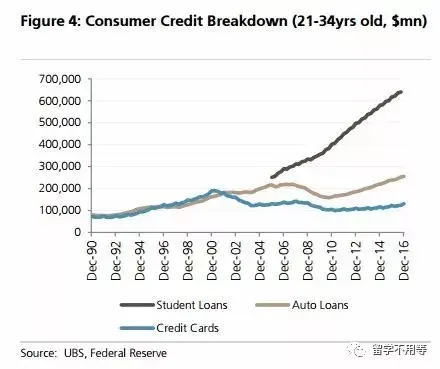Understanding Student Loan Repayment: How Soon After Graduation Are Student Loans Due?
#### How soon after graduation are student loans due?When students graduate from college or university, one of the pressing questions they face is, **how so……
#### How soon after graduation are student loans due?
When students graduate from college or university, one of the pressing questions they face is, **how soon after graduation are student loans due?** This question is crucial as it impacts their financial planning and transition into the workforce. Understanding the timeline for student loan repayment can help graduates manage their finances more effectively and avoid unnecessary stress.
Most federal student loans come with a grace period, which is typically six months after graduation. This means that graduates do not have to start making payments until six months after they receive their diploma. This grace period allows new graduates some time to find a job and establish their financial situation before they are required to start repaying their loans. However, it is important to note that interest may still accrue during this time, especially for unsubsidized loans.

For private student loans, the terms can vary significantly depending on the lender. Some private loans may also offer a grace period, while others may require immediate repayment upon graduation. Therefore, it is essential for graduates to carefully review the terms of their specific loans to understand when payments will begin.
In addition to the grace period, graduates should also be aware of the different repayment plans available. Federal student loans offer several repayment options, including standard repayment, graduated repayment, and income-driven repayment plans. Graduates should consider their financial situation and choose a plan that best fits their needs. For instance, income-driven repayment plans can be beneficial for those who may not have a high-paying job right out of college, as these plans adjust monthly payments based on income.
It's also worth noting that graduates can take proactive steps to manage their student loans. For example, graduates can make interest payments during the grace period to prevent the balance from growing. Additionally, if graduates anticipate difficulty in making payments once they begin, they should explore deferment or forbearance options early on. These options can provide temporary relief and prevent defaulting on loans, which can have severe long-term consequences.

Another important aspect to consider is the impact of student loans on credit scores. Making timely payments can help build a positive credit history, while missed payments can lead to a negative impact on credit scores. Graduates should stay organized and keep track of their payment due dates to avoid any late fees or damage to their credit.
In summary, understanding **how soon after graduation are student loans due** is a critical component of post-graduation financial planning. With a typical grace period of six months for federal loans and varying terms for private loans, graduates should take the time to familiarize themselves with their specific loan agreements. By exploring repayment options, making timely payments, and staying informed about their loans, graduates can navigate their student loan responsibilities with confidence and ease.
By being proactive and informed about their student loans, graduates can set themselves up for financial success and reduce the stress associated with loan repayment.
